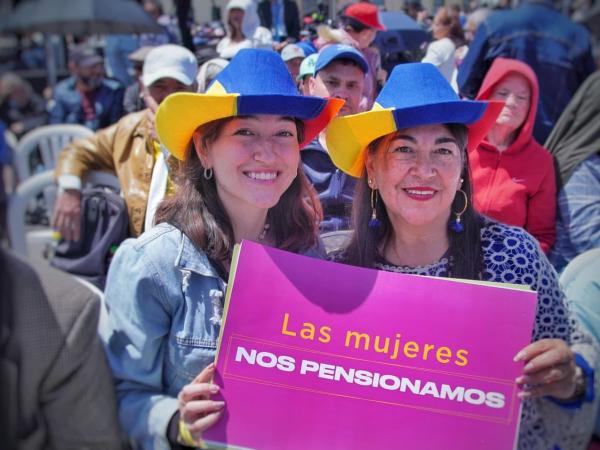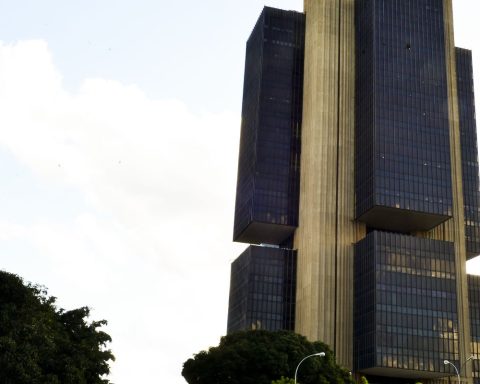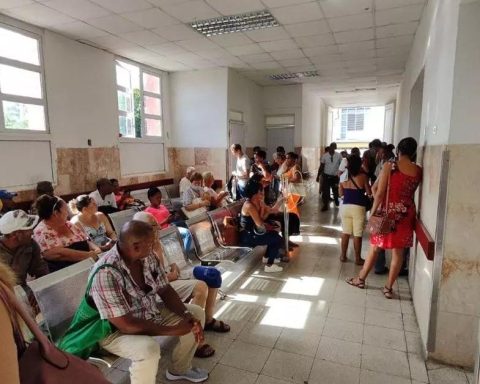The Petro Government’s pension reform received its first official demand this Thursday, July 18, after representative Oscar Villamizar submitted to the Constitutional Court a 1,200-page document, in which he maintains that the initiative “contradicts the constitutional and legal precepts for the approval of laws of the Republic”.
(You may be interested in: First lawsuit filed to overturn Petro’s pension reform).
Although the project has only just received its first complaint, according to experts, The initiative will face several legal challenges for alleged unconstitutionality defects, announced by the opposition. But what awaits you in the process?
For Kevin Hartmann, a lawyer specializing in pension issues and partner at Hartmann Asociados, the possibility that the Court will declare this law inadmissible is quite high.
“I think that it will be a very interesting discussion in the full courtroom of the Court and essentially the question that will have to be asked is the following: does this bill comply with the minimum principles of deliberation that the National Constitution requires for a law to be approved? That is the big question that the Constitutional Court has to ask itself. I think that due to the unorthodox way in which this reform was approved, the probability that it could be declared unconstitutional, even if only partially by the Constitutional Court, is relatively high.”the expert said.
(Also: Economic activity in the country grew again in May, although with less force).
However, another point worth noting is how long it will take the Constitutional Court to discuss whether the law meets the requirements set out in the Constitution.
Constitutional court
Courtesy
According to Hartmann, this will depend on two factors. “On the one hand, the Constitutional Court’s own agenda, which has a lot of claims of unconstitutionality of other laws, and the priority it has or does not have in its midst for the discussion of this particular bill.”.
According to the expert, In any case, this project will be analyzed with a certain urgency, taking into account that the majority of the project will come into force on July 1, 2025.
“I would like to believe that the Constitutional Court will speed up the process of deciding whether the law is constitutional or not before July 1, 2025, so it can take practically the whole year without any problem,” the expert indicated.
While this is happening, some sectors of the opposition announced other demands in order to stop the implementation of the law, which was already sanctioned by President Petro.
BRIEFCASE

















